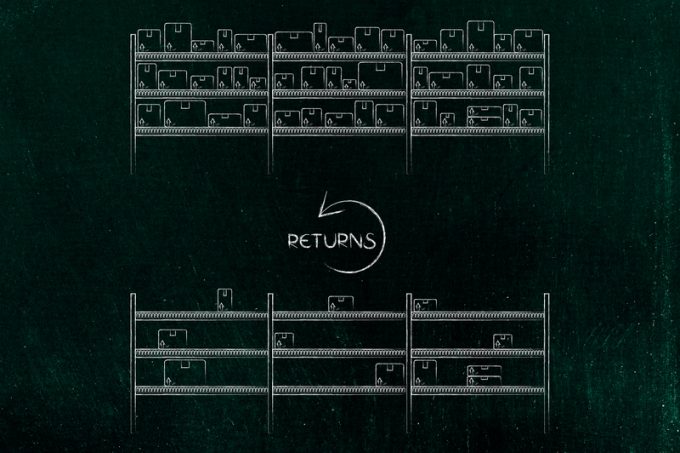DHL Supply Chain acquires US-based IDS Fulfillment for undisclosed amount
PRESS RELEASE DHL Supply Chain Strengthens its Offering to Small and Midsize Companies with Acquisition of ...

DHL Supply Chain has become North America’s largest reverse logistics provider following its acquisition of Inmar Supply Chain Solutions.
DHL declined to comfirm the purchase price of the business unit, a division of Inmar Intelligence, but said the deal would add 14 ...

Comment on this article